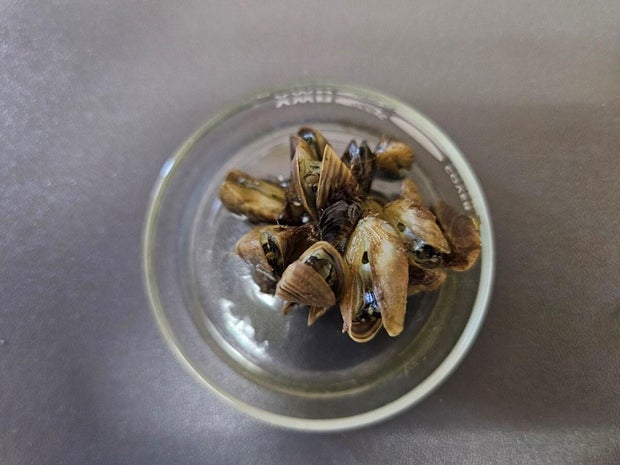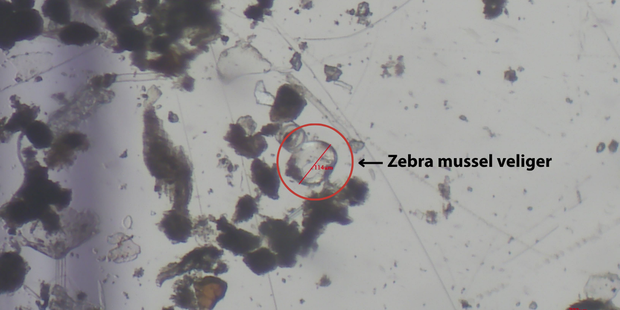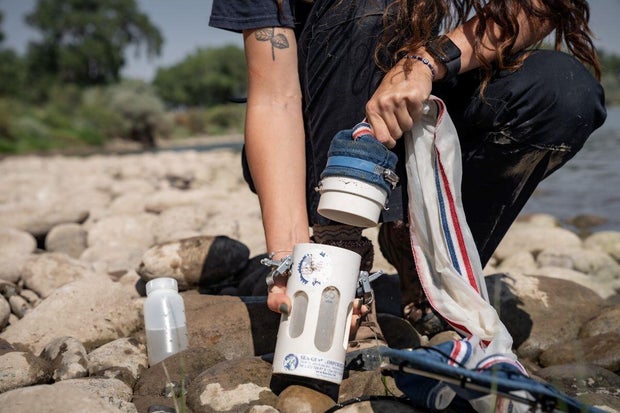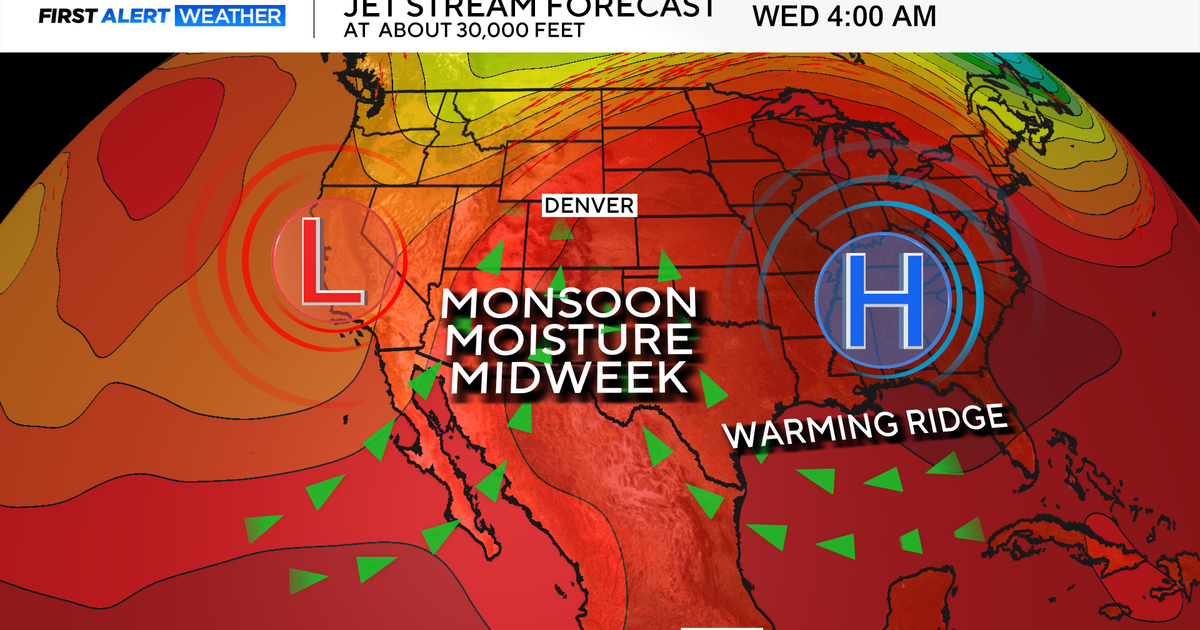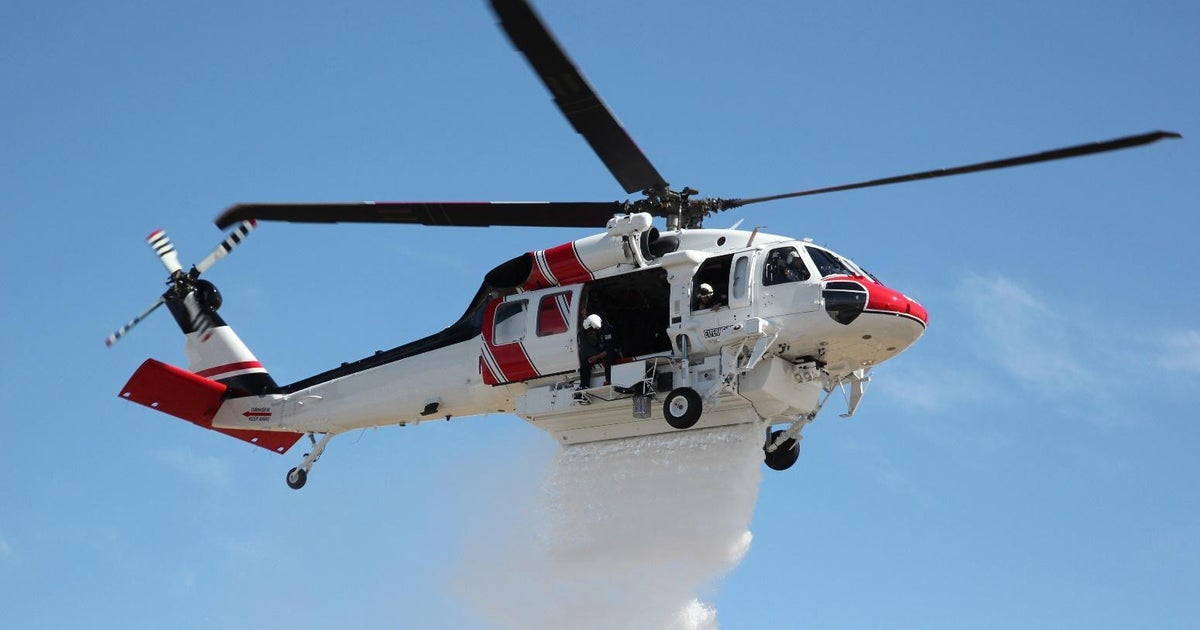Colorado Parks and Wildlife find invasive zebra mussels in high country
Colorado Parks and Wildlife recently discovered a large group of invasive aquatic animals during a survey.
A statement from CPW said they were taking samples in various locations when they discovered in a privately owned body of water in western Eagle County.
"This news is a direct result of increased sampling efforts, " said CPW Director Jeff Davis. "This discovery is a significant step toward identifying a potential source of zebra mussels and advancing our efforts for eradication. It would not have been possible without the commitment to protect Colorado's bodies of water by our Aquatic Nuisance Species staff."
Zebra mussels are a freshwater mollusk native to Eurasia but have rapidly spread through the United States in the last few decades. According to the , they can be found in the Great Lakes region and the large rivers of the eastern Mississippi drainage, as well as Texas, Colorado, Utah, Nevada and California.
CPW has discovered zebra mussel veligers in the Colorado River near New Castle, Mack Mesa at Highline State Park and Highline Lake, where the first adult zebra mussel in the state was found. Veligers are the larval stage of zebra mussels, and were first found in Colorado in 2008.
The animals filter out algae that native species need for food and can incapacitate native mussels. Power plants in the U.S. spend millions to keep zebra mussels from clogging water intakes.
CPW said they're evaluating the next steps needed to eradicate the mussels.
"Understanding the current extent of zebra mussels in western Colorado is a critical step in stopping their spread into new locations," said CPW Invasive Species Program Manager Robert Walters. "Every new detection puts us one step closer to achieving this desired outcome."
Officials said good boat hygiene can help control the mussels' spread. They suggested washing boats with warm, soapy water after use and advised boaters and anglers not to transport water from live wells and bait buckets from one body of water to another.
